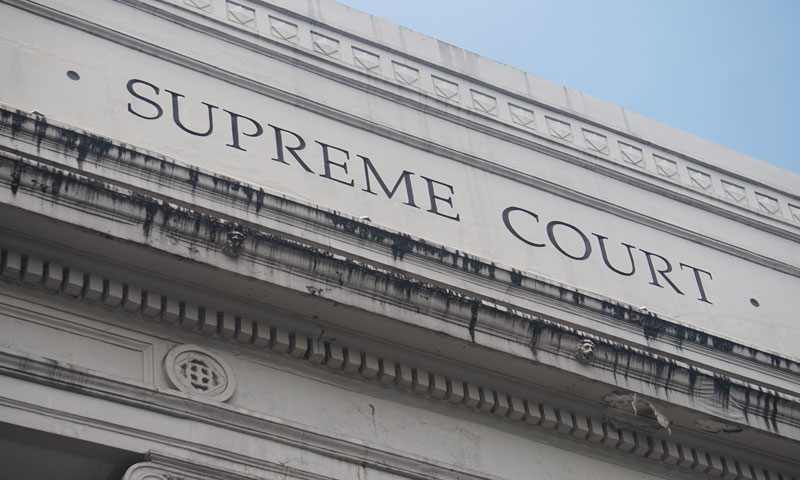
Atwater municipal funds were hit hard after the housing market went bust and property tax revenue dried up. Furloughs, layoffs, and a freeze on hiring were insufficient for Atwater to revive its economy and fix a current budget gap of $3 million.
Without seeking any innovative method, Atwater city officials are focused on battling losses by time-honored tactics of raising rates for municipal services on a populace already exhausted by the long recession. They are trying to raise rates for essential services like providing water and garbage collection, while at the same time reducing the proportion of services, trying to eke out a profit from in between the principles of ‘charge more’ and ‘give less.’
In a telephone interview with Reuters, Union representative Nancy Vinson said, “I believe they’re heading straight to bankruptcy.” She also mentioned at least 38 non-safety municipal employees of Atwater have received layoff notices, and about 12 are clearly marked for termination.
Cities in California going for bankruptcy seem to be following the prior declaration of fiscal emergency strategy after Stockton, the first city to go bankrupt, only worsened its situation over a period of 90 days, by trying to reach a settlement with its creditors. In contrast, San Bernardino, which declared a state of fiscal emergency after preliminary talks with creditors failed, made a smoother bankruptcy application.
Mammoth Lakes, which went bankrupt saying it could not survive a $43 million legal award against it, has since reached a settlement with the plaintiff in the concerned case, and may have its bankruptcy case dismissed later this month.






































